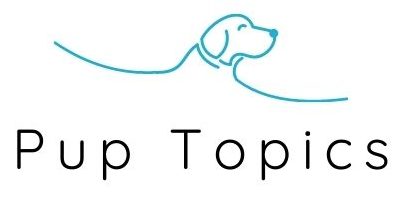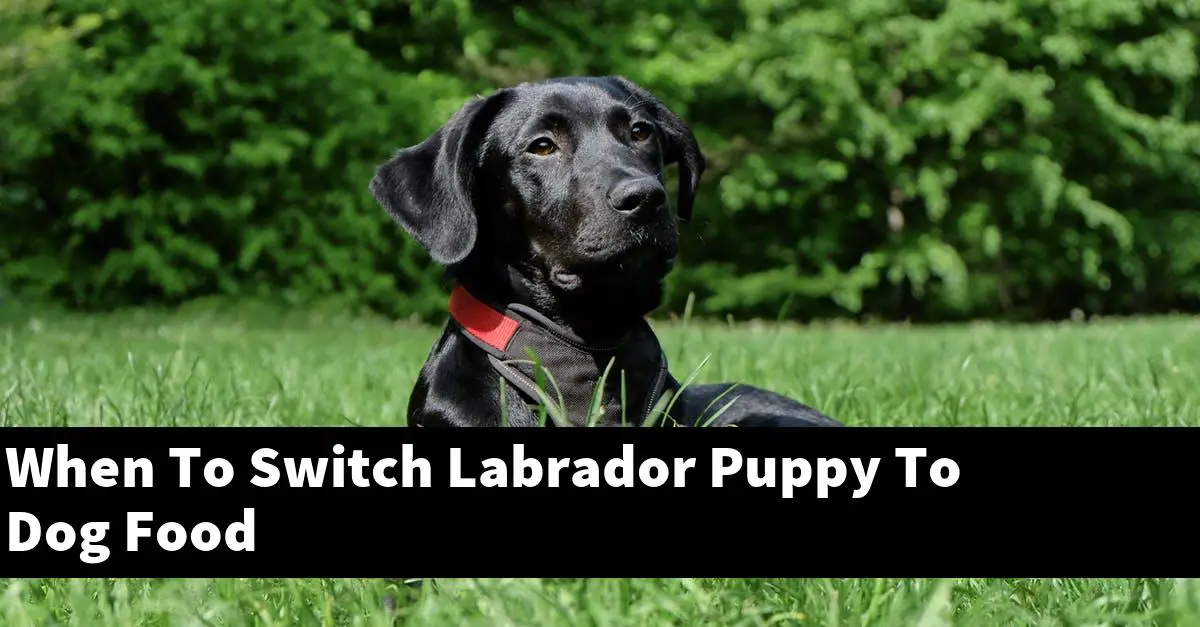If you’ve got a new Labrador puppy, you’re probably wondering when the best time is to switch them over to dog food. Well, there’s no need to worry, we’ve got all the information you need.
The best time to switch your Labrador puppy to dog food is around 8 to 12 weeks of age.
Many factors play a role in when to switch your Labrador puppy to dog food. The article will cover the different stages of a puppy’s life and when the best time is to switch to dog food.
Table of Contents
How do I know when my Labrador puppy is ready to switch to dog food?
The short answer is that you’ll want to start switching your Labrador puppy to dog food when they’re around 6-8 weeks old. But it’s important to make sure you’re doing it gradually, and that you’re giving them food that’s appropriate for their age and size.
Puppies have different nutritional needs than adult dogs, so it’s important to make sure you’re giving them food that’s specifically designed for them. Puppy food is generally higher in calories and nutrients than adult dog food, which is important for their growing bodies.
You’ll want to start by mixing some puppy food in with their regular food, and gradually increasing the amount of puppy food until they’re eating it exclusively. It’s also a good idea to talk to your vet about what type of food is best for your puppy and how much they should be eating.
What are the benefits of switching my Labrador puppy to dog food?
When it comes to switching your Labrador puppy to dog food, there are a few key benefits to keep in mind. Perhaps most importantly, dog food is designed to be nutritionally complete for dogs, which means it will contain all of the nutrients and calories your pup needs to grow and thrive.
Puppy food, on the other hand, is often lacking in key nutrients, which can lead to problems down the road.
Another benefit of switching to dog food is that it can help to prevent obesity. Puppies are often very active and have high metabolisms, which can lead them to burn through calories quickly. If they’re eating puppy food that is high in calories, they may end up putting on too much weight.
Dog food, on the other hand, is typically lower in calories, which can help to keep your pup at a healthy weight.
Finally, switching to dog food can also save you money in the long run. Puppy food is often more expensive than dog food, so making the switch early on can help you to save a bit of money over time.
What are some things to keep in mind when switching my Labrador puppy to dog food?
When making the switch from puppy food to adult dog food, there are a few things to keep in mind. First, consult with your veterinarian to determine the best food for your individual dog.
Puppies have different nutritional needs than adult dogs, so it is important to find a food that is formulated for their age and activity level. Once you have selected a food, make the transition gradually over the course of a week or two, mixing the new food in with the old food and slowly increasing the proportion of new food.
This will help to avoid gastrointestinal upset. Finally, keep an eye on your puppy’s weight and adjust the amount of food accordingly. Puppies tend to grow quickly, so you may need to increase the amount of food as they age.
How do I make the transition from puppy food to dog food for my Labrador?
It is important to make sure that you are slowly transitioning your Labrador from puppy food to dog food. You want to do this over the course of a few weeks to give their digestive system time to adjust.
Start by mixing a little bit of dog food in with their puppy food, and gradually increase the amount of dog food while decreasing the amount of puppy food. Ultimately, you want to be feeding them a diet that is mostly dog food with just a little bit of puppy food mixed in.
Conclusion
The best time to switch your Labrador puppy to dog food is between 8 and 10 weeks old. This will give them time to adjust to the new food and get all the nutrients they need to grow into healthy adult dogs.


